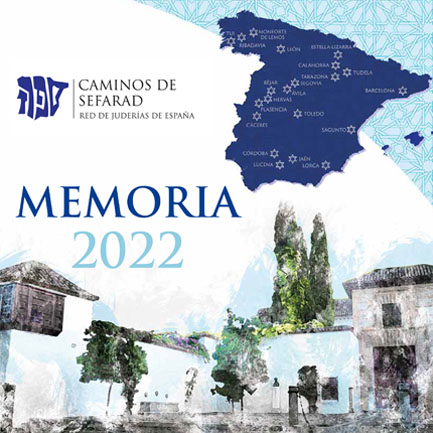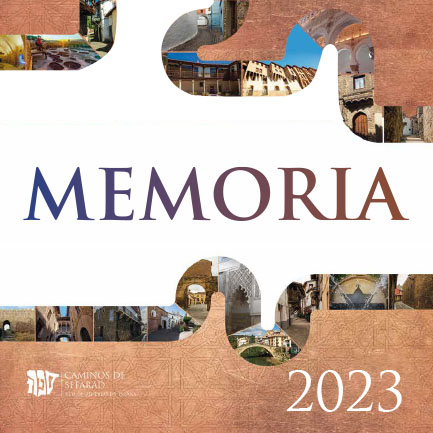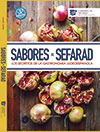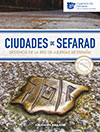Red de Juderías de España Caminos de Sefarad
Discover and explore the Sephardic roots in Sefarad
The Network of Jewish Quarters of Spain, Caminos de Sefarad,is an Association made up of municipalities that have, in their medieval ensembles, an architectural, historical, and cultural heritage, the heritage of the Jewish Communities that inhabited them.
The members of the Network act jointly in defense of the historical heritage and Jewish legacy, promoting cultural, tourist and academic projects and carrying out a policy of exchanging national and international experiences experiences that contribute to the knowledge and mutual respect of peoples, cultures and traditions.
Ávila, Barcelona, Béjar, Cáceres, Calahorra, Córdoba, Estella-Lizarra, Hervás, Jaén, León, Lorca, Lucena, Monforte de Lemos, Plasencia, Ribadavia, Sagunto, Segovia, Tarazona, Toledo, Tudela and Tui .Tui have been recovering for more than 25 years its Jewish quarters, investing time and resources in the rehabilitation of houses, streets, palaces and as many buildings as can be saved from oblivion and recovering knowledge of the lives of Jewish families of all origins and conditions. Hidden history, revealed after five hundred years and now recovered.
The Red de Juderías, in each one of the cities, has worked intensely to value value their tangible and intangible heritage,reinforcing its conservation, signaling and recovery. A large number of initiatives were carried out in the streets, houses, palaces and walls of the Jewish quarters to make it known and bring it closer to its citizens and attract new visitors.
Recovery of stories and accounts of the lives of Jewish families that one day lived in their territories through various workshops and festivals held around Sephardic culture and tradition.
In the same way, and following its founding motivations, the Network works intensely at the international level, especially in disseminating the Sephardic heritage as a binding and living element between Spain and the world, as well as creating through culture and history a unique tourist experience, lively and at the same time attractive for all types of public. Participation in important fairs and tourist days, the organization of exhibitions and forums, and agreements with cultural institutions inside and outside Spain; They were yet another year the destination of our efforts.
The initiatives promoted by the Network play a decisive role in disseminating an essential part of the history of Spain that we must keep alive, as well as in the formative dissemination of values of tolerance and coexistence towards all groups that are so necessary in our days.





